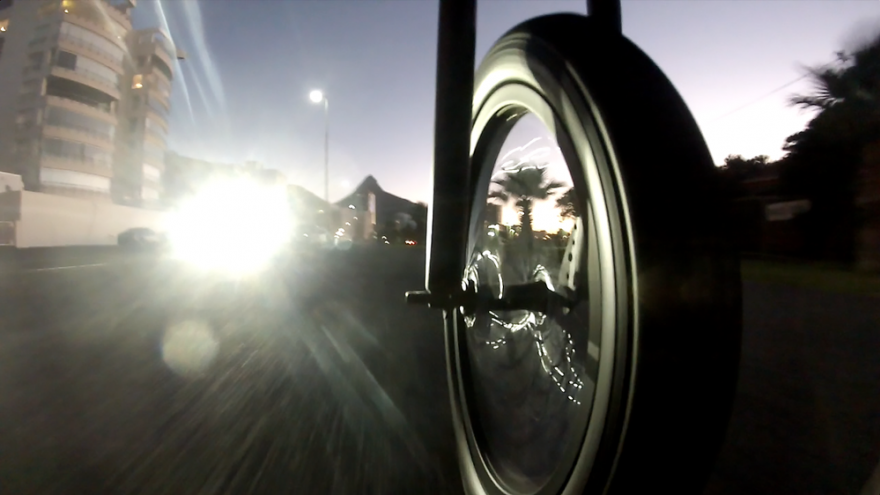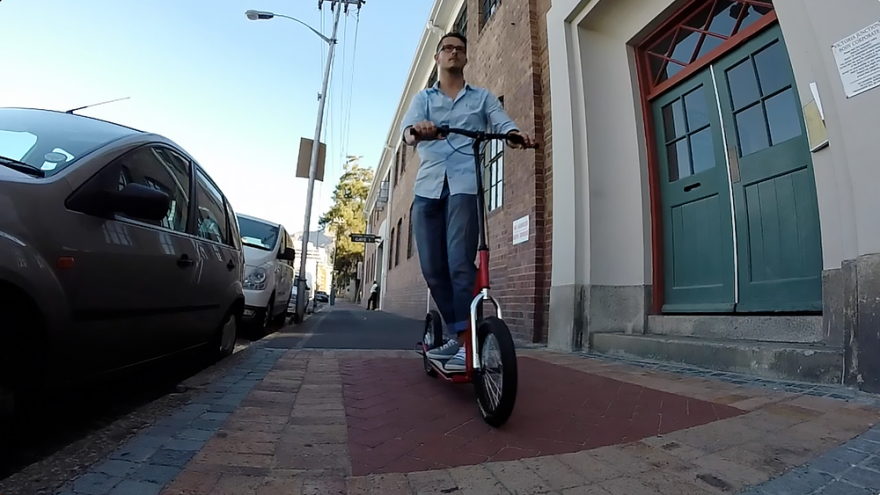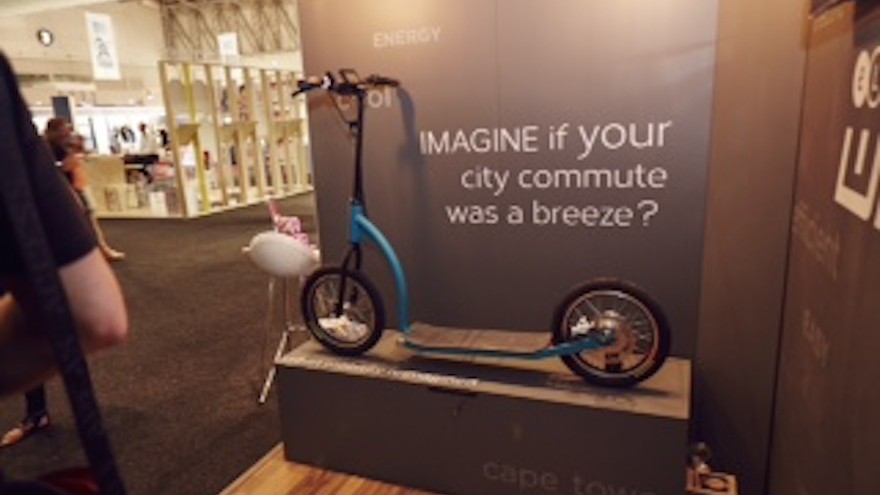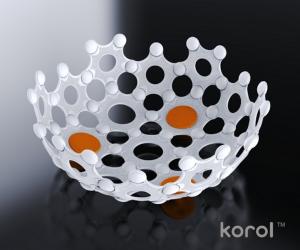Part of the Project
eLabs focusses on inner city mobility and decongestion by utilising both electricity and human power to promote inner city and short distance commuting.
The judges for the Innovation Award were: Philip Pla of Adams and Adams Attorneys, Alexandra Daisy Ginsberg – a designer and previous Design Indaba Conference speaker – and Ralitsa Diana Debrah, lecturer at Kwame Nkrumah University of Science and Technology.
Of the selection, Pla says, "Although the concept of an electric scooter is not unique, the Watt Scooter is a genuine mode of transport (and not just a kid's toy), which bridges the gap between a scooter and a bicycle."
Darryn Molenaar, the co-designer of the Watt Scooter, said he was both happy and surprised that they were selected.
"We were up against some good competition."
Ginsberg, Design Indaba Conference alumus, said: "This is great, totally sustainable and practical. It can solve a lot of transportation problems in Africa, where applicable."
The scooter goes at about 25 kilometres per hour where traffic in the Cape Town city centre goes at an average speed of 10 kilometres per hour.
Molenaar believes that the Watt Scooter will be something that everybody both wants and needs.
"We were excited to see a locally engineered and designed innovation that can open up the city in new ways. The fact that the design makes repair and updating of components accessible and possible shows a generosity in design," said Ginsberg.
"Cape Town is a beautiful city; it's a pity to spend so much of it in traffic," said Molenaar.
















